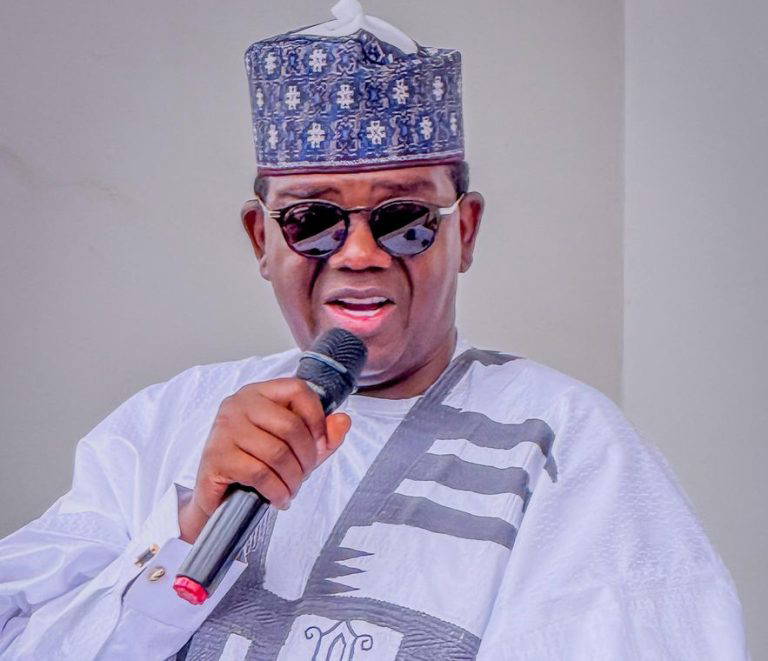Recent discussions in Nigeria have focused on the educational system’s current state and potential for reform. The system is expected to meet the needs of the growing population of over 200 million people.
Despite the government’s efforts to provide free and compulsory primary education, approximately 10.5 million Nigerian children are not enrolled. Concerns have been raised about the lack of access to education in rural areas and the impact of insurgency in the Northeast.
With many schools lacking adequate infrastructure, materials, and qualified teachers, the education system’s quality has become a source of concern. Overcrowding in classrooms and a lack of resources are common issues, especially in public schools. Furthermore, some high-priced private schools may not provide a high-quality education.
According to UNICEF, 2.8 million children in three conflict-affected states in Nigeria require education-in-emergency assistance. At least 802 schools have been closed, 497 classrooms have been destroyed, and another 1,392 have been damaged but can be repaired. The situation is the result of an insurgency in the country’s northeast, which has harmed education in the region. This issue emphasises the importance of providing a safer learning environment for both students and teachers.
Furthermore, the standard of education in Nigeria has been questioned. Despite the country’s abundance of human and natural resources, Nigeria still lags behind in terms of educational quality. The country has a literacy rate of around 62.0%, and educational quality varies greatly between urban and rural areas. Poor funding, insufficient infrastructure, and low teacher quality are all factors that contribute to Nigeria’s education crisis.
Nigeria spends only about 7% of its annual budget on education, falling short of the UNESCO budget allocation of 26%.
The state of education in Nigeria necessitates immediate reforms. One possible reform is to increase funding for the sector. Nigeria’s government must devote more resources to education in order to improve the country’s educational quality. Adequate funding will provide students with the infrastructure, equipment, and resources they require to learn effectively.
Furthermore, the education system in Nigeria needs to be restructured to include vocational training and skill acquisition programmes. This reform will provide students with practical skills that they can use in their daily lives, increasing their employability. These programmes will also help to address the country’s unemployment problem.
Improving teacher quality is another potential reform. Nigeria must address the teacher shortage by training and recruiting more teachers. To encourage teachers to stay in the profession, the government should provide incentives. Better-qualified teachers will improve education quality and student outcomes.
What Is the Next Step?
Nigeria’s educational sector faces numerous challenges, including underfunding, high education costs, and a crisis. Despite being required and legally free, over 10.5 million Nigerian children are not in school, primarily in rural areas with limited educational opportunities. Nonetheless, there are solutions on the way to address these issues.
To provide quality education to its citizens, the Nigerian government must prioritise education and invest in the sector. The government must allocate more funds to education and develop policies that will promote the sector’s development. The National Policy on Education requires the government to devote at least 26% of its budget to education. Nonetheless, this has not occurred in recent years. To improve the sector, the government must prioritise education and increase funding allocations. This would contribute to better facilities and resources for instructors and students, thereby improving education quality.
Nigeria’s educational system must become more inclusive. The government must make certain that all students, regardless of socioeconomic status, have access to a high-quality education. This reform will help to close the wealth gap and ensure that all Nigerians have an equal opportunity to succeed.
To strengthen the educational sector, collaboration between the government, corporate sector, and civil society organisations is required. The private sector can help by providing scholarships, establishing schools, and donating educational materials. Civil society organisations can also help by advocating for better policies and holding government officials accountable.
Finally, Nigeria’s educational system is in desperate need of reform. The country’s education system demonstrates the need for increased funding, better teacher quality, and a more inclusive education system. The Nigerian government must prioritise education and work to develop policies that will promote the development of the sector. With sufficient investment and reforms. To address these challenges, the government must take significant steps, such as increasing education funding, prioritising teacher training and welfare, improving the quality of infrastructure and learning materials, and addressing the issue of insecurity. Nigeria can achieve a functional and high-quality education system through these reforms, allowing it to achieve long-term development.
Sources
- “The study examines the call for Nigeria to become one of the twenty most developed economies by the year 2020, as it relates to development planning in Nigeria using the educational system as a unit of analysis.” URL: https://files.eric.ed.gov/fulltext/EJ1075846.pdf
- “In north-eastern Nigeria, 2.8 million children are in need of education-in-emergencies support in three conflict-affected States (Borno, Yobe, Adamawa). In these States, at least 802 schools remain closed, and 497 classrooms are listed as destroyed, with another 1,392 damaged but repairable. UNICEF/2017/Owoicho” URL: https://www.unicef.org/nigeria/education
- “National policy on education and administration of guidance and counselling in schools: overview and the way forward / I Durosaro (p. 117-123). Current educational reforms in Nigeria: the role implications for classroom teachers / B Ijaiya (p. 124-133). Promoting the fundamental values of integrity in planning and processing higher education …” URL: https://searchworks.stanford.edu/view/7884078




